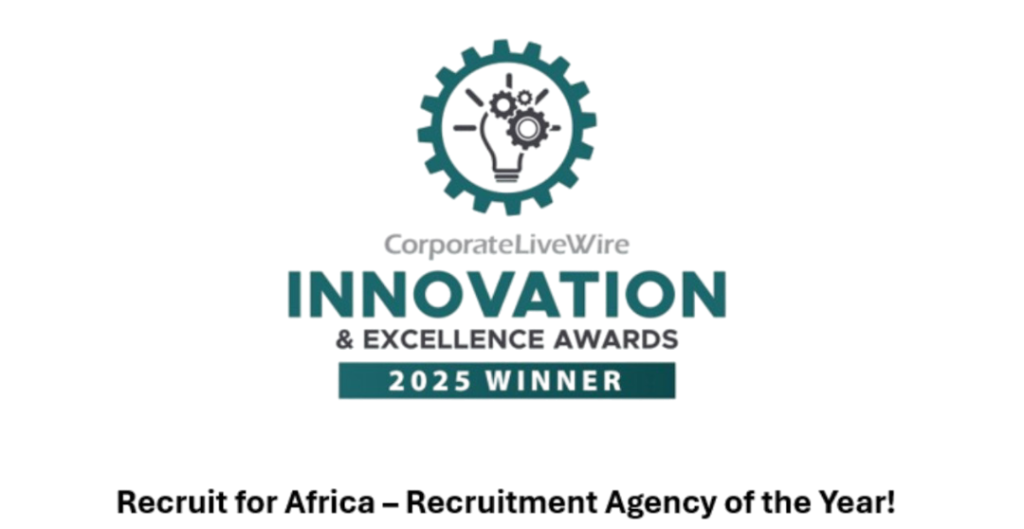Job interviews can be nerve-wracking experiences, but they are also crucial opportunities to make a positive impression on potential employers. While much of the focus is on what you should say, it’s equally important to know what you shouldn’t say. A slip of the tongue or poorly phrased comment can quickly derail your chances of landing the job. To help you avoid common pitfalls, we’ve compiled a list of things you should never say during a job interview and why.
- Negative Comments About Previous Employers
One of the biggest mistakes candidates make is badmouthing their former employers, managers, or colleagues. Even if your previous work experience was less than ideal, complaining about it in an interview reflects poorly on you.
What Not to Say:
- “My last boss was terrible.”
- “The company was a mess.”
Why It’s Bad: Employers want to hire positive, team-oriented individuals. Negative comments can make you appear difficult to work with or unprofessional. Instead, focus on what you learned from the experience and how you’re looking to grow.
What to Say Instead:
- “I learned a lot from my previous role, but I’m excited to take on new challenges that align more with my career goals.”
- “I Don’t Know”
While it’s normal to be stumped by a question occasionally, simply saying, “I don’t know” is not the best way to handle it. This response shows a lack of problem-solving skills and confidence.
What Not to Say:
- “I don’t know.”
- “I’ve never thought about that.”
Why It’s Bad: Employers are looking for candidates who can think on their feet. Saying “I don’t know” without attempting to answer shows a lack of initiative.
What to Say Instead:
- “That’s a great question. I’d like to take a moment to think about it.”
- “I haven’t encountered that situation before, but here’s how I would approach it.”
- Discussing Salary Too Early
While salary is an important aspect of any job, bringing it up too early in the interview process can make it seem like your primary motivation is money.
What Not to Say:
- “How much does this position pay?”
- “What are the benefits?”
Why It’s Bad: Employers want to see that you’re interested in the role itself, not just the pay check. Salary discussions should be reserved for later stages of the hiring process.
What to Say Instead:
- Wait for the employer to bring up the topic of compensation or discuss it once you receive an offer.
- “I Have No Questions”
At the end of most interviews, you’ll be asked if you have any questions. Saying you don’t have any can make you seem uninterested or unprepared.
What Not to Say:
- “No, I think you’ve covered everything.”
Why It’s Bad: Asking thoughtful questions shows that you’ve done your research and are genuinely interested in the role and company.
What to Say Instead:
- “Can you tell me more about the team I would be working with?”
- “What are the company’s goals for the next year?”
- Overly Personal Information
While building rapport is important, sharing too much personal information can cross professional boundaries.
What Not to Say:
- “I’m going through a tough time right now.”
- “I have a lot of personal commitments that might affect my availability.”
Why It’s Bad: Employers are primarily interested in your qualifications and how you can contribute to the company. Personal issues can make you seem less reliable or focused.
What to Say Instead:
- Keep the conversation professional and focused on your skills and experience.
- Lying or Exaggerating
It might be tempting to stretch the truth to make yourself look better, but honesty is always the best policy.
What Not to Say:
- “I’m fluent in Spanish” (when you’re not).
- “I led that project” (when you didn’t).
Why It’s Bad: Employers can verify your claims through references and background checks. If you’re caught lying, it will damage your credibility.
What to Say Instead:
- Be honest about your skills and experience. If you don’t have a certain skill, express your willingness to learn.
- Overusing Buzzwords or Clichés
Using buzzwords or cliché phrases can make you sound insincere or robotic.
What Not to Say:
- “I’m a perfectionist.”
- “I’m a team player.”
Why It’s Bad: Hiring managers have heard these phrases countless times. They want to hear genuine, specific examples of your skills and achievements.
What to Say Instead:
- Provide concrete examples to back up your claims. For instance, instead of saying “I’m a team player,” say, “In my previous role, I collaborated with a cross-functional team to achieve a 20% increase in efficiency.”
Preparing for a job interview isn’t just about practicing your answers—it’s also about knowing what to avoid. By steering clear of these common interview mistakes, you can present yourself as a confident, professional, and well-prepared candidate. Remember, your goal is to build a positive rapport with the interviewer and showcase why you’re the best fit for the role.
Good luck with your next interview—and remember, sometimes it’s not just about what you say, but also about what you don’t say!






